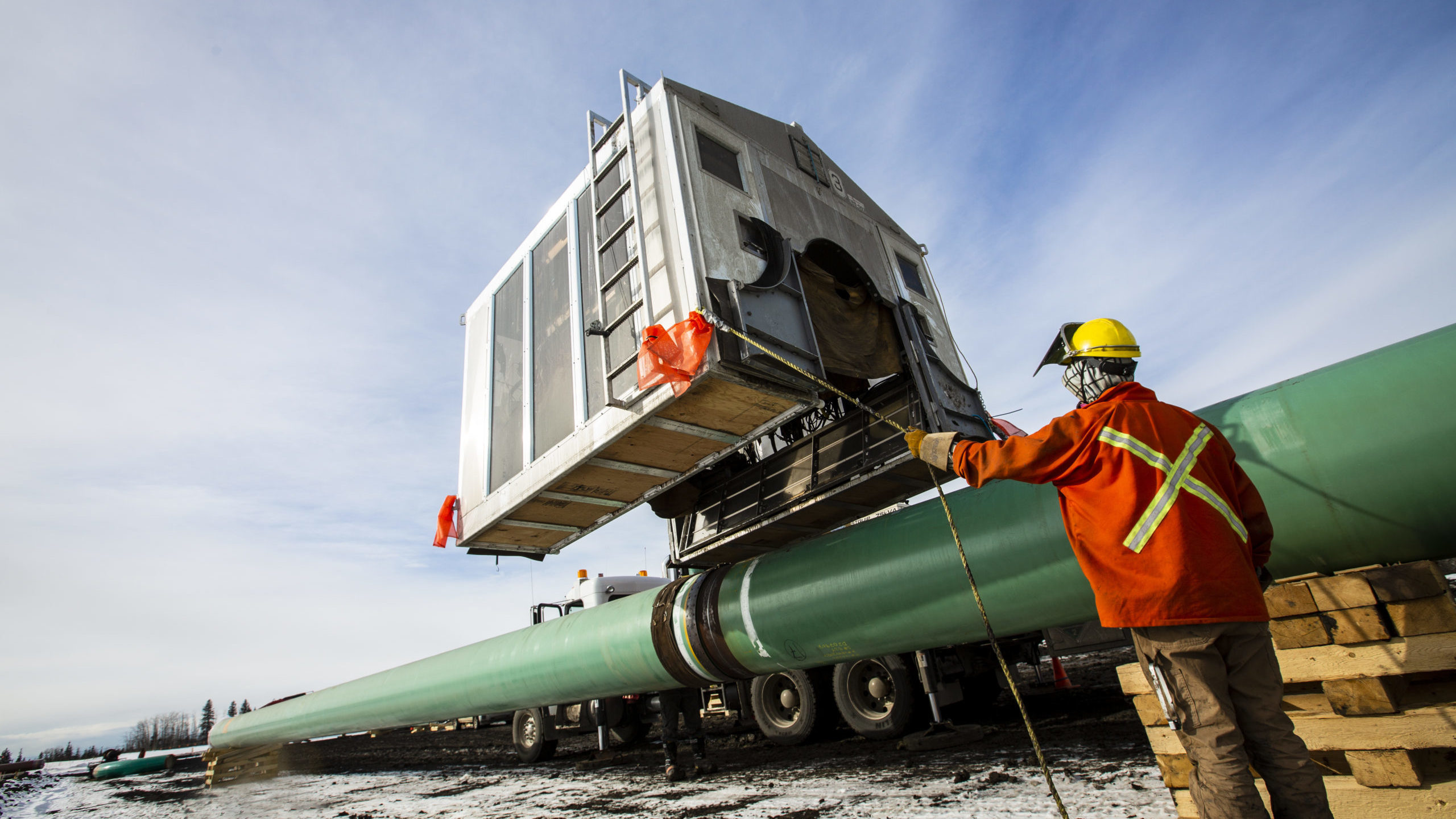Construction of the first segment of the Trans Mountain Pipeline Expansion is now complete, bringing Canadian oil producers one step closer to connecting more supply to growing demand in international markets.
The now-finished first 50 kilometers of the twinned pipeline runs from the Trans Mountain terminal in Edmonton, west to the small community of Acheson, Alta. Construction crews started working in the area in late 2019, the company said on Tuesday.
The existing Trans Mountain pipeline, which has been operating since 1953, is Canada’s only direct connection to oil markets outside of the United States. When complete, the expansion will increase capacity to 890,000 barrels per day, up from 300,000 barrels per day today.
World oil consumption is expected to continue growing even as more renewable energy comes online. The International Energy Agency (IEA) projects that global oil demand will increase to 103 million barrels per day in 2050, up from 97 million barrels per day in 2019.
IEA executive director Fatih Birol would prefer the supply to meet that demand comes from “good partners” like Canada.
“We will still need oil and gas for years to come,” Birol said recently. “I prefer that oil is produced by countries… like Canada who want to reduce the emissions of oil and gas.”
Of the 900 workers on the expansion’s first section, 22 per cent were Indigenous, and $57 million in contracts were awarded to 42 Indigenous businesses, Trans Mountain says.
There are six pipeline sections left to complete to reach the project’s Westridge Marine Terminal in Burnaby, BC. As of December 31, 2021, there were approximately 12,700 people working on the project.
Overall construction is now more than 45 per cent complete, and work is accelerating in the Fraser Valley and Lower Mainland of BC, Trans Mountain says.
The expansion is expected to be complete near the end of 2022.
The unaltered reproduction of this content is free of charge with attribution to Canadian Energy Centre Ltd.
